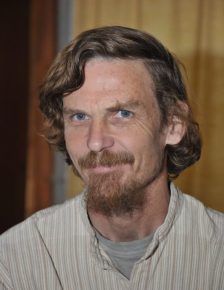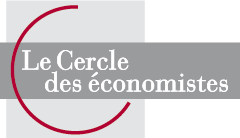Precariousness, poverty, what initiatives?
Overview
The pandemic has certainly increased poverty and precariousness around the world, but these problems were already acute before the crisis, in both developed and developing countries. Economic analysis is severely inadequate in addressing this problem. First, the “trickle-down effect” is at best partial, and the idea of a “seemingly infinite” potential for growth is flawed. GDP is primarily a measure of the “size” of an economy and says nothing about income distribution. Moreover, monetary income is a very inadequate measure of poverty or precariousness. Finally, it must be recognised that economics is often less well equipped than sociology, anthropology and political science to address issues of policy effectiveness. The aim of this session is therefore to draw from the debates guidelines for economic and social reflection, but also to reflect on the conditions for action, individual and local, and political and social too.
Speakers





Coordinator

Moderator








